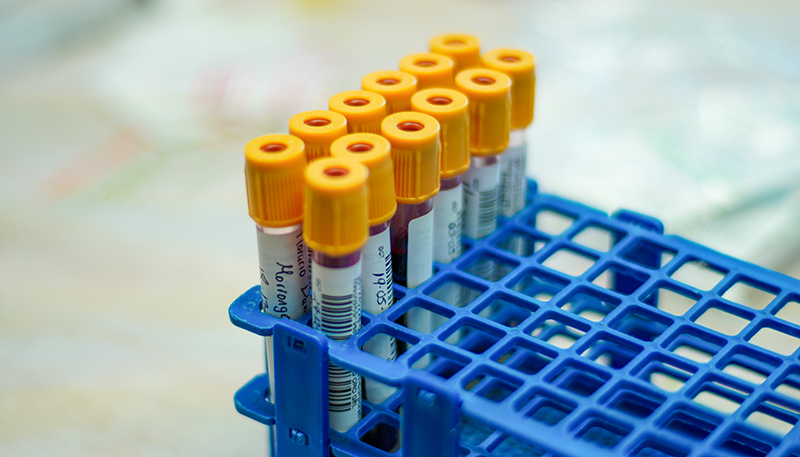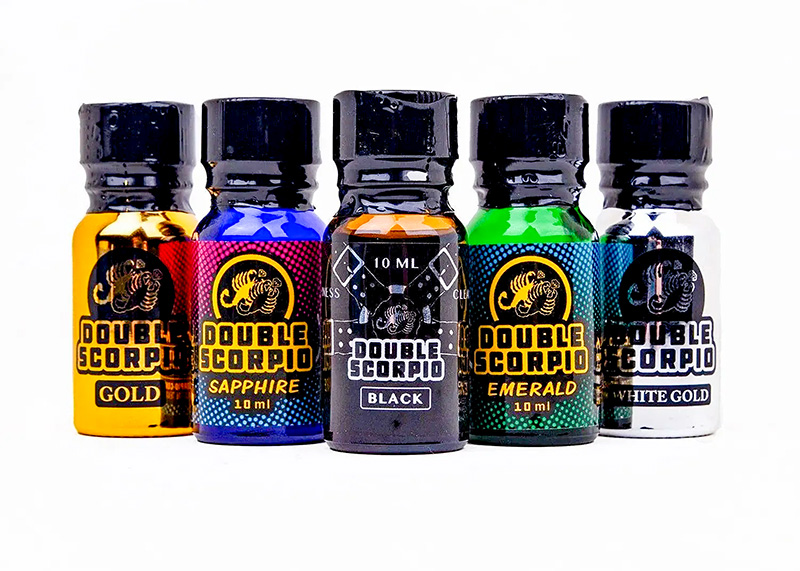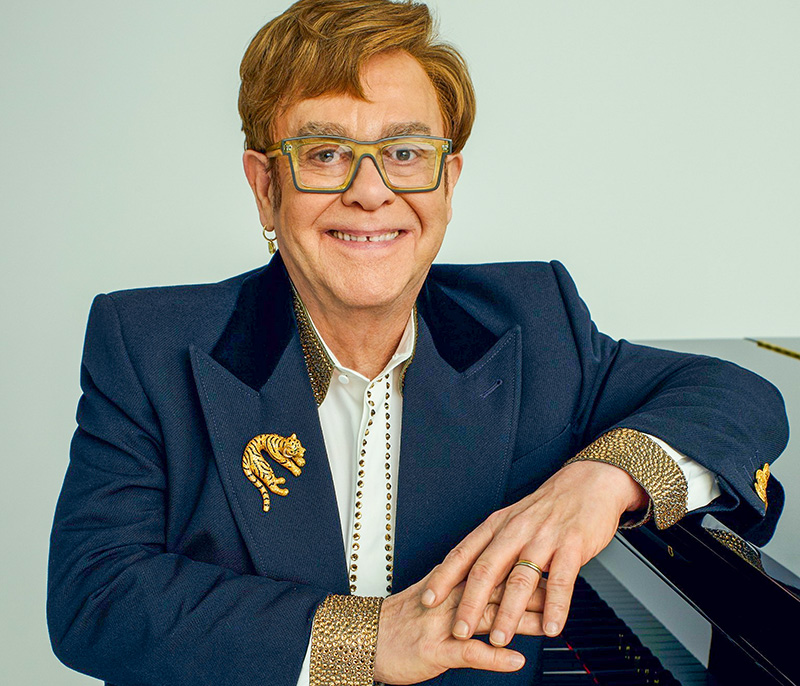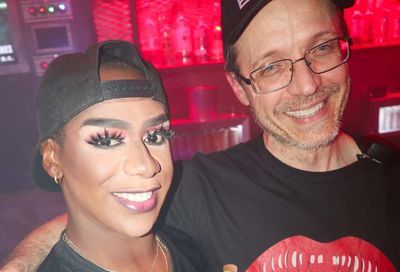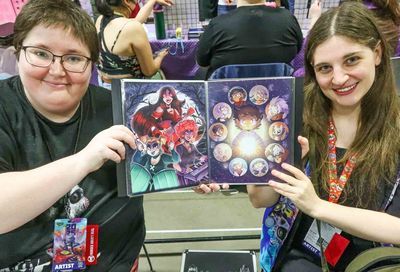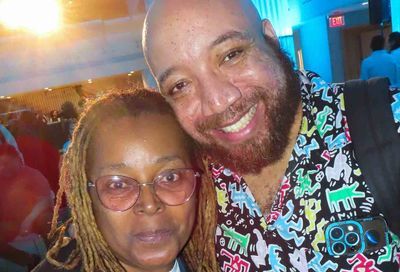The Real McCoy
Meet Nick McCoy, the gay activist hoping to become the District's next rising political star

Nick McCoy
(Photo by Todd Franson)
Sometimes in D.C. it’s hard to get in. People have a sense of ownership about their work. But I was going with Rev. Monique Ellison, and we were going from ANC commission to ANC commission. I think we went to 14 different ANC commissions, just, ”We’re going to talk about marriage equality,” making sure people were supportive before it came up. It worked! People were like, ”Thanks. We get it. We’re on board. We’ll write a resolution saying we support marriage equality.” And other people were like, ”Hell, no. Not in our backyard. The world’s going to fall if we pass this.”
The next thing I knew, I met Sultan Shakir at an interfaith service for the D.C. Clergy United for Marriage. Now Sultan, at the time, was coordinating the coalition that was going to be working on marriage. And I went up to him and said, ”I heard there was this secret cabal being formed to work on marriage. How do I get involved in that?” And he was like, ”What are you talking about? What secret cabal?”
I kept doing the work. I somehow met Richard Rosendall, Philip Pannell, Paquita Wiggins, folks like that. We were sitting in Jeffrey Richardson’s backyard and I was like, ”Let’s do this. Let’s put together a public event where people can see there’s something being built for marriage, that there’s a campaign coming.” Because I felt like people didn’t know what was happening. We have this thing in D.C. where we keep all this information in like it’s ours.
And Philip said, ”Let’s call it a convocation,” because it has a religious context to it and it’s a gathering of folks. And the next thing I knew they were like, ”Get it started, Nick.” The next thing I knew, there were people around the table from the [Gertrude] Stein [Democratic] Club, from the Gay and Lesbian Activists Alliance, from HRC, from ANC commissions. And in less than two weeks, I got the True Reformer space and we pulled it off. There were about 300 people there. And people were like, ”Who is this guy and how did he do this?”
The next thing I know, Sultan Shakir is calling me and I’m sitting in a room with the executive directors of the Gill Foundation, Freedom to Marry’s Evan Wolfson, Jeremy Pittman, GLAAD – all these bigwigs. I walk in and they say, ”How do we engage the black community?”
MW: This was just a private meeting?
MCCOY: This was the interview. It was a big deal. We wanted to win!
I talked about the work I had done in other states. I talked about going before Concerned Black Clergy and the Congressional Black Caucus, about not letting race or class be dividing issues.
With 90 pastors, the Concerned Black Clergy, this one woman pastor stood up in the middle of my speech and asked me, ”Which one are you first? Are you black or are you gay?” And I said, ”God didn’t give me a choice to choose between the two, and I’m pretty much doing the best I can.”
Not getting angry was difficult sometimes, especially with people of color in leadership, because I feel like there’s a responsibility. You are responsible for bringing me to a point where I can vote, not ride in the back of the bus, all these things. And here I am, standing here convincing you that I should be entitled to freedom.
It’s not like a skill set that you go to college and you get. It’s something that happens, that you are bonded to, that you’re emphatic about.
MW: After the D.C. marriage campaign, then what?
MCCOY: I worked as David Catania’s deputy campaign manager. After David won, I worked as legislative [aide] for [former Councilmember] Sekou Biddle. Sekou was only in office for three months before he lost the special election. So it was like, ”That was fun.”
MW: Then you served as program director for the MLK Day Project. What next?
MCCOY: Went back to serving tables. Here and there I did contract work, consulting, helping community groups train their members to testify before the Council, helping them draft testimony – making sure they connect, not just testify. I tried to stay active.
MW: Prior to the Maine and D.C. campaigns, what were you doing? You were living in D.C., right?
MCCOY: I had a tough time. I came to D.C. in 2007 and I tried to stay here. I was not prepared. I was homeless for a minute. I used to sneak into the Washington Plaza Hotel and sleep in their utility closet. I had, swear to God, maybe one pair of jeans, because, again, activism is not very profitable. So I didn’t have money. I thought I was just going to come here and make it without knowing anyone. And I failed. The Churchill Hotel had these laundry closets. It was cold, and they’d throw the old sheets there. I’m telling you, if you don’t have any place to go, that motherfucking pile of dirty sheets is the best thing ever. I didn’t have much room, but I could sleep.
MW: What would you do during the day?
MCCOY: Caribou Coffee. I tried to do day-labor work. I tried to find a job.
So I left D.C. again and went to stay with a friend in North Carolina. I took some time to regroup. That was a tough winter. And then I went to Maine for the campaign, and I was like, ”I’m gone.”
In my younger days, there was also some substance abuse. There’s a reality to homelessness and substance abuse in our community that I acknowledge and deal with. Especially in D.C., where our substance abuse and homeless services are cut dramatically. Somewhere along the way, we let substance abuse programs fall through the cracks.
MW: What sort of substance abuse?
MCCOY: Meth, marijuana. Whatever money I had I’d spend on trying to escape, instead of trying to buy a bus ticket to get somewhere with shelter. I had an epiphany outside the church across from the Washington Plaza and I called my mother. I was like, ”I’m tired of not having anybody to call. I’m tired of being out here alone. And I’m tired of when all you have is a moment of high.”
She said, ”Come home.”
MW: Today, are you involved with efforts for marriage equality in Maryland?
MCCOY: I worked for Marylanders for Marriage Equality for a hot moment, for about four months.
MW: Why did you leave?
MCCOY: Damn it, John. [Laughs.] It wasn’t like going home again. I really thought it would be like an old shoe you put on, and it wasn’t.
MW: What was different?
MCCOY: Well, HRC in D.C. was a different beast because it was a coalition of organizations that were running the campaign. In Maryland –
MW: Isn’t it essentially the same? Marylanders for Marriage Equality is a coalition of local Maryland organizations, and HRC donates or lends them resources?
MCCOY: Yes, but what’s different is when it’s your home turf versus someone else’s who’s been working on marriage in their home state for years. Sometimes, national organizations have a tendency to swoop in when the pickings are ripe, and say, ”We’re going to win this!” and then leave.
Support Metro Weekly’s Journalism
These are challenging times for news organizations. And yet it’s crucial we stay active and provide vital resources and information to both our local readers and the world. So won’t you please take a moment and consider supporting Metro Weekly with a membership? For as little as $5 a month, you can help ensure Metro Weekly magazine and MetroWeekly.com remain free, viable resources as we provide the best, most diverse, culturally-resonant LGBTQ coverage in both the D.C. region and around the world. Memberships come with exclusive perks and discounts, your own personal digital delivery of each week’s magazine (and an archive), access to our Member's Lounge when it launches this fall, and exclusive members-only items like Metro Weekly Membership Mugs and Tote Bags! Check out all our membership levels here and please join us today!




